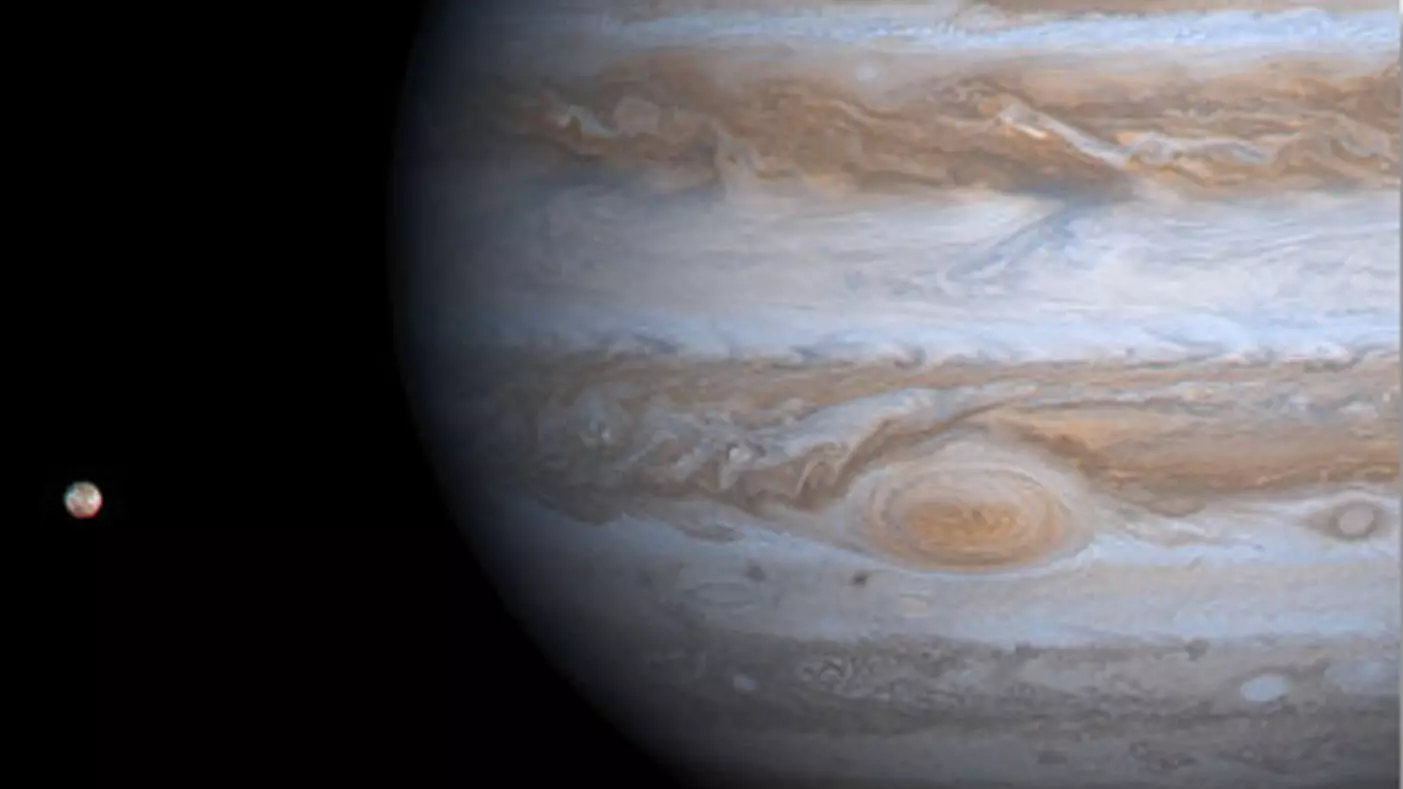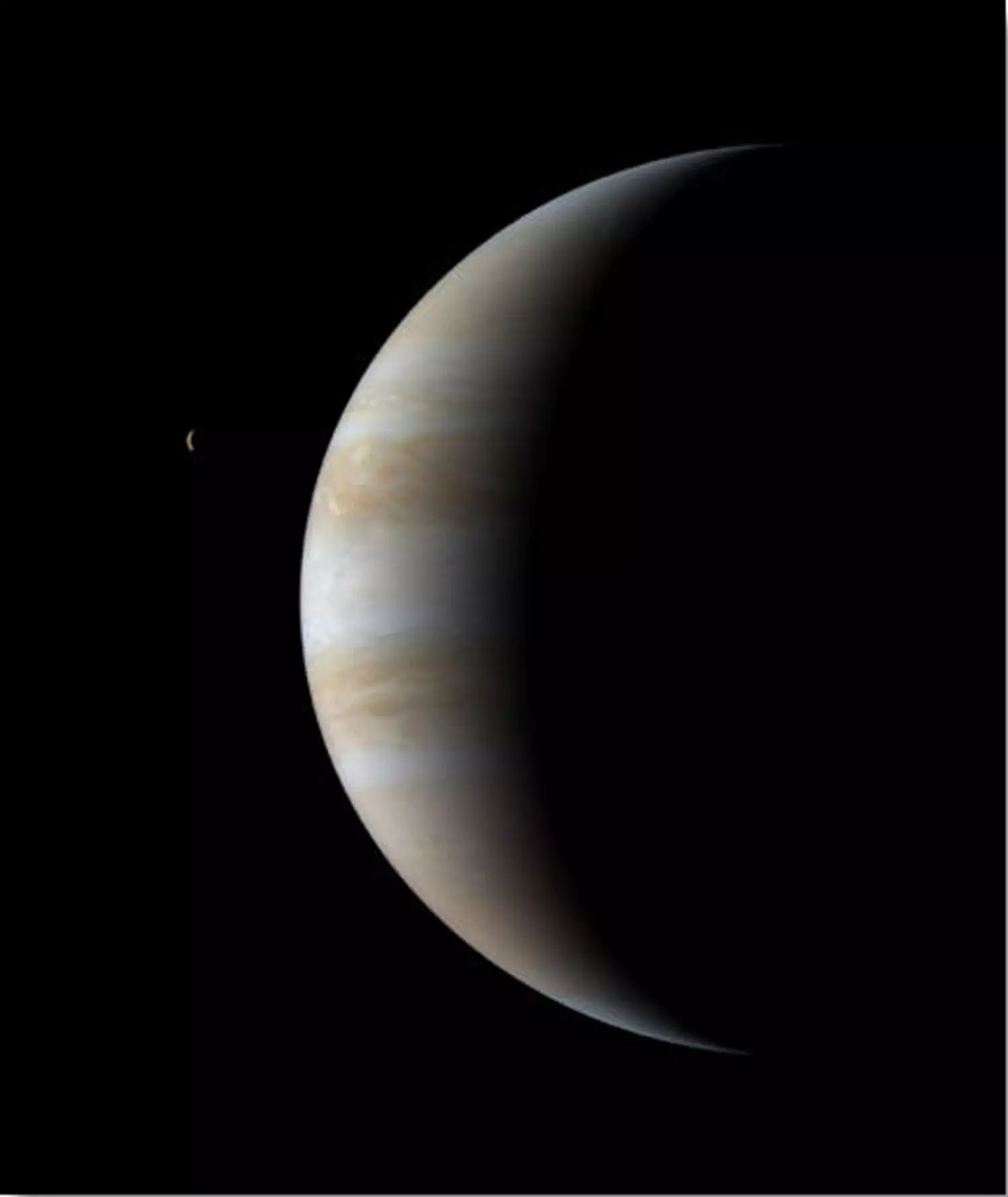
Summer is at last here (technically) and no doubt all of us are looking forward to enjoying the long warm days that (hopefully) lie ahead.
When the sun does go down though, you may want to dabble in a bit of sky-gazing.

That's because throughout June, Jupiter will be at its biggest and brightest, remaining visible throughout the night (if it's not cloudy, obviously).
Advert
On a good night, you will be able to see the planet with the naked eye, however if you get your bins out, you should be able to see its four biggest moons (it has 79 in total). If you're really lucky, you may even glimpse the banded clouds that encircle the planet.
The very best time of the month to see Jupiter will be 10 June when the planet reaches 'opposition'.
Advert
According to NASA: "This is the yearly occurrence when Jupiter, Earth and the Sun are arranged in a straight line, with Earth in the middle.
"It's the best time of the year to see Jupiter, as the planet is visible in the sky all night, and it's around the time when Jupiter is closest to Earth.
"Although opposition takes place on a specific date, the entire month or so around opposition is an equally good time to observe the planet and its four largest moons."
But no matter how favourable the weather conditions and no matter how good your bins are, you won't get half as good a view of the planet as NASA's Juno Spacecraft, which has taken some breathtaking pictures of Jupiter.
But if you're not really much of a Jupiter fan, in the middle of the month - immediately after sunset on 17 and 18 June - Mars and Mercury will appear to be really close together, though you'll need a clear view of the western horizon to catch it.
Advert
Happy sky-gazing.
Featured Image Credit: PATopics: Science, UK News, Interesting, space
